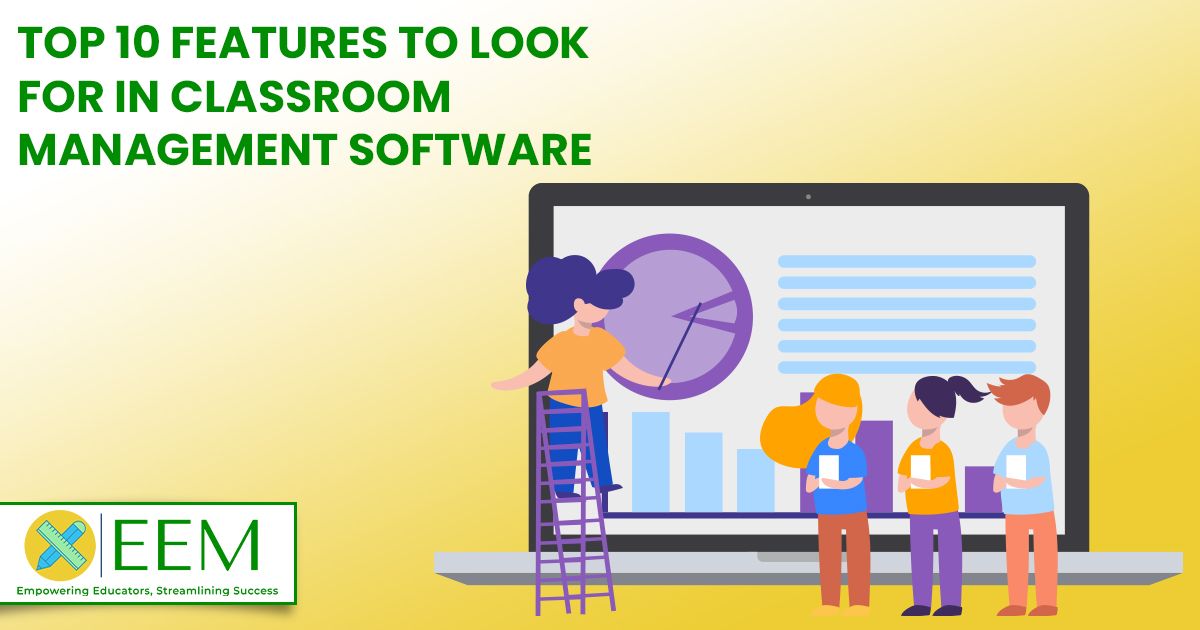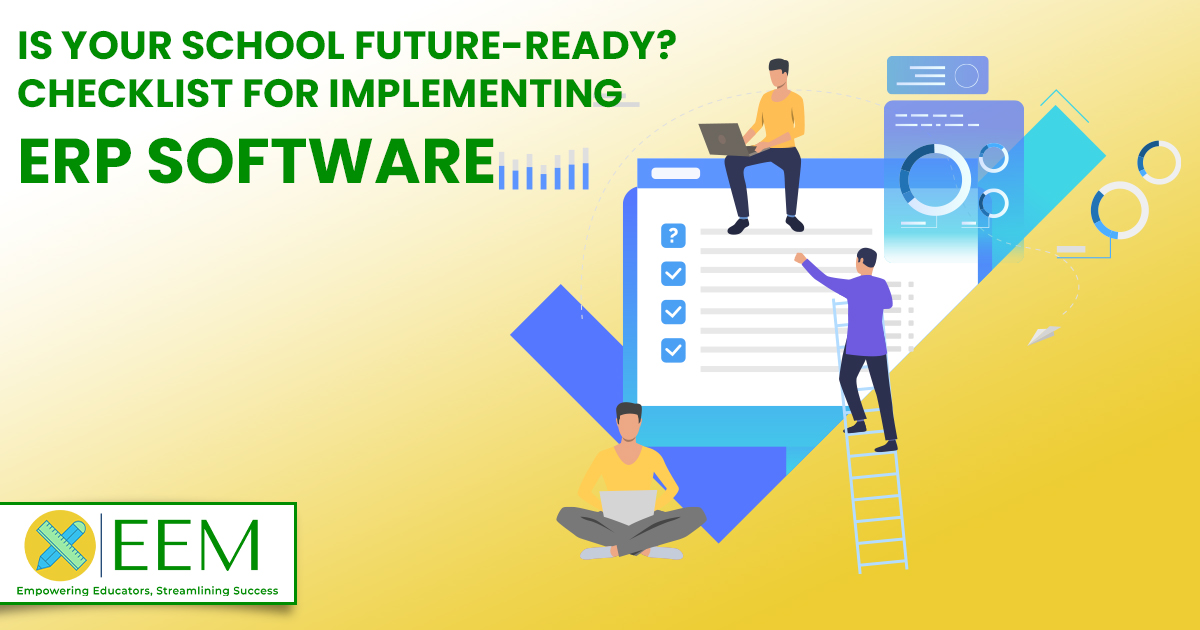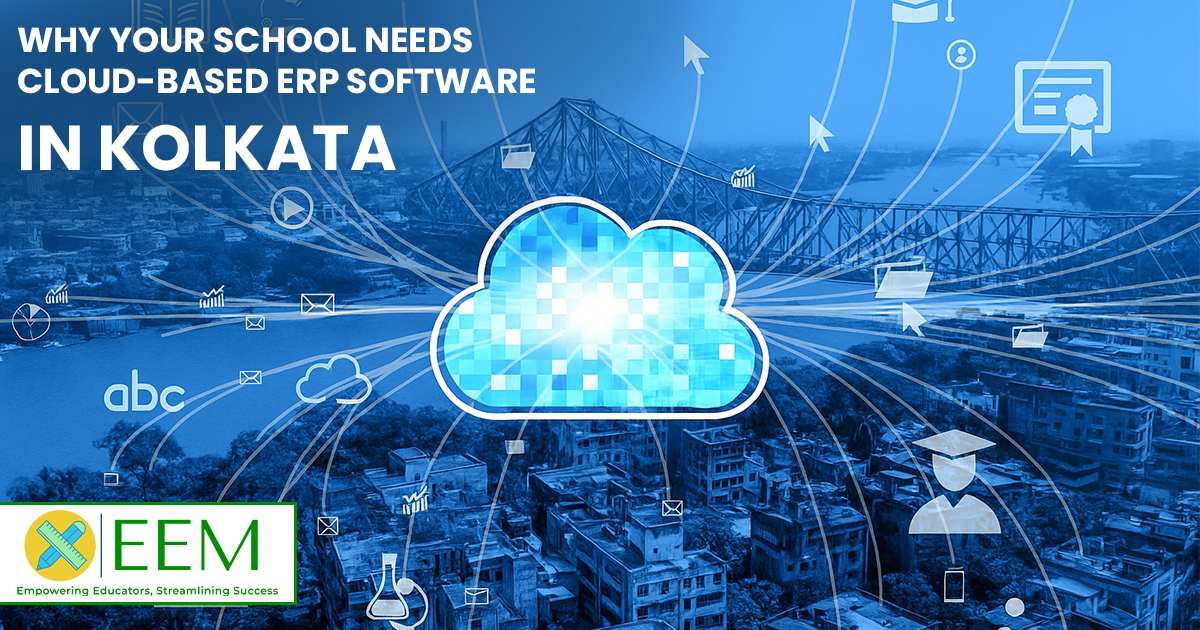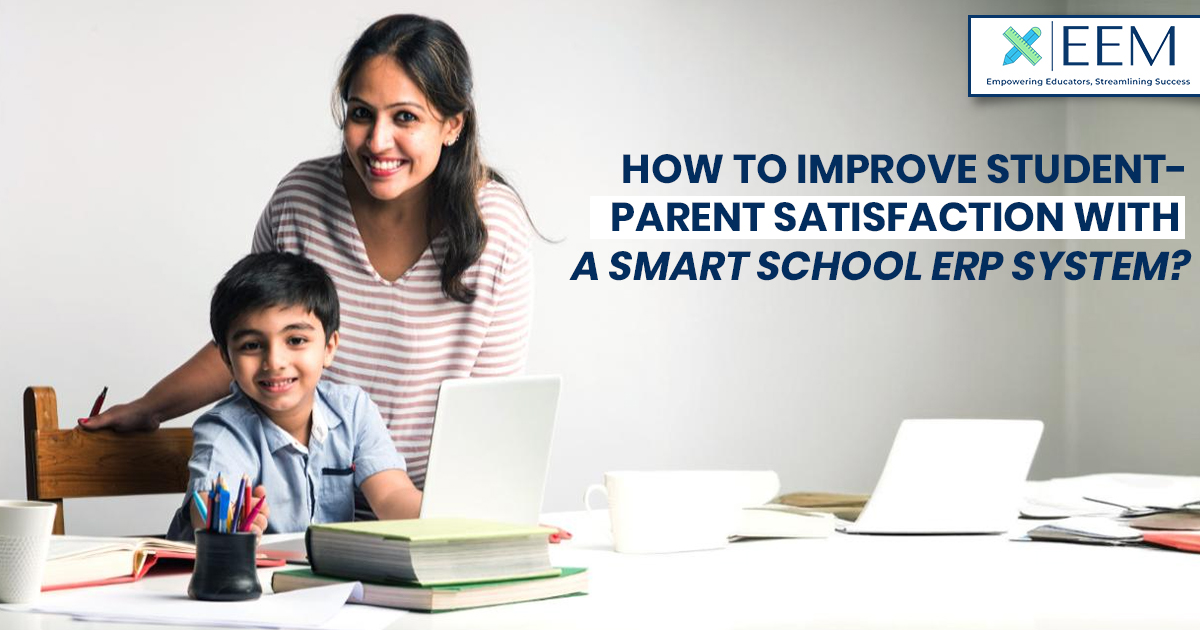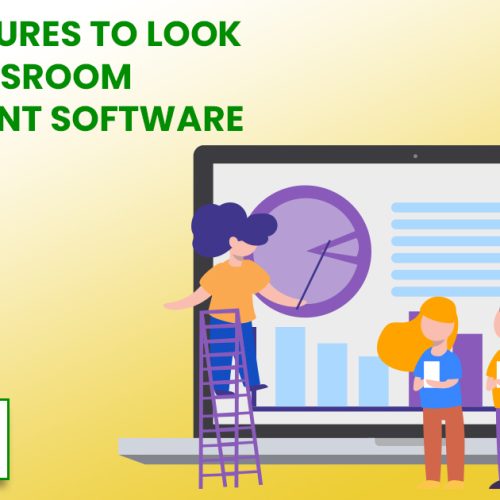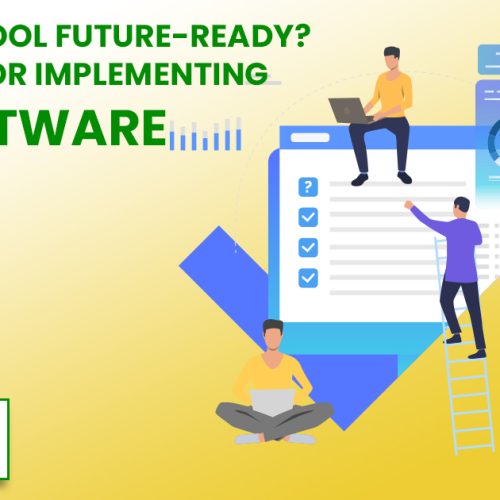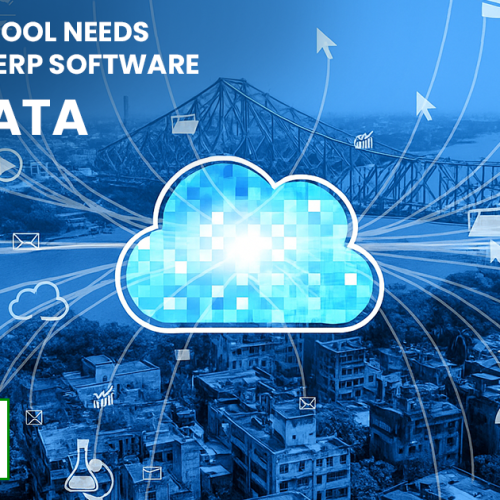Student and parent satisfaction play a crucial role in an educational institution’s progress. When students are satisfied, they are more engaged in learning, and when parents are satisfied, they trust the school community and actively participate. A School Management System plays a significant role in bridging the gap between educators, students, and parents. Implementing a Smart School ERP System can revolutionize school operations, making learning more efficient, transparent, and engaging. Let’s explore how a Smart School ERP (Enterprise Resource Planning) System can improve student-parent satisfaction.
1. Real-Time Attendance Tracking
A major concern for parents is ensuring their children attend school regularly. Through an automated attendance tracking system, parents receive instant notifications about their child’s presence or absence. This eliminates manual record-keeping and enhances transparency. Parents can access attendance records at any time; this helps them to track patterns and address any concerns.
For students, real-time attendance tracking minimizes disruptions and promotes accountability. Since the system is automated, there is little room for human error, which ensures accuracy in record-keeping.
2. Instant Communication & Notifications
Beyond attendance tracking, communication is another key factor in student-parent satisfaction. A School ERP system allows teachers and administrators to send instant updates regarding academic performance, upcoming events, and other important announcements.
With real-time notifications via SMS or push alerts, parents no longer have to rely on traditional methods like circulars or emails, which may go unnoticed. This feature keeps parents actively involved in their child’s education and enables them to address concerns promptly.
For students, quick access to school updates ensures they are always informed about assignments, timetable changes, and extracurricular activities, fostering better organization and time management.
3. Timetable & Exam Scheduling
Managing academic schedules efficiently is crucial for both students and parents. A well-structured timetable ensures students stay on top of their coursework without unnecessary confusion.
With an integrated timetable and exam scheduling system, students can view their class schedules, examination dates, and any changes made by the school. Parents can also stay informed about upcoming tests and assessments, allowing them to provide better academic support at home.
By eliminating the hassle of last-minute schedule changes, this feature reduces stress for both students and parents, leading to improved satisfaction and academic performance.
4. Online Fee Management
Managing school fees can be a hassle for parents, especially with traditional manual payment methods. A School ERP system simplifies the process by offering a secure and convenient digital fee management system.
Parents can pay fees online, track past transactions, and receive automated reminders for upcoming payments. This reduces the chances of missed deadlines and penalties. With a streamlined payment process, schools can also improve financial transparency and ensure timely fee collection.
For students, this means fewer administrative delays, allowing them to focus entirely on their studies without financial concerns disrupting their academic experience.
5. Report Cards & Performance Tracking
Parents want to stay updated on their child’s academic progress without waiting for periodic parent-teacher meetings. With an online report card and performance tracking system, parents can instantly access their child’s grades, teacher feedback, and progress reports.
This feature enables parents to identify areas where their child may need additional support and take proactive steps to help them improve. Students also benefit from real-time performance tracking, as it allows them to set goals, track their progress, and work towards better academic achievements.
By offering a detailed analysis of student performance, this system fosters collaboration between schools and parents, leading to improved academic outcomes and overall satisfaction.
6. Homework & Assignment Updates
Missing assignments or forgetting deadlines can impact a student’s academic performance. A School ERP system provides a structured platform for teachers to upload assignments, homework, and project details.
Students can access homework updates at any time, ensuring they stay on track with their coursework. Parents can also monitor assignments and submission deadlines, helping their children stay organized and complete their work on time.
This feature promotes accountability and reduces the chances of students missing important tasks. By improving assignment management, both students and parents benefit from a more structured and efficient learning process.
7. Library & Resource Management
A well-organized digital library system allows students to access learning resources quickly and efficiently. Instead of manually searching for books, students can browse through an online catalogue to check the availability of educational materials.
This system not only saves time but also encourages independent learning by providing students with easy access to a wealth of knowledge. Parents can also use this feature to help their children find relevant study materials, ensuring they have the necessary resources to excel academically.
By streamlining library management, schools create a better learning environment that supports student success and enhances overall satisfaction.
A School Management System plays a crucial role in improving student-parent satisfaction by offering transparency, convenience, and efficiency. With features like real-time attendance tracking, instant notifications, online fee management, and performance tracking, schools can create a more connected and informed learning community.
By integrating a smart system like EEM Tech, educational institutions can ensure seamless communication, efficient academic management, and enhanced student engagement. In an increasingly digital world, smart solutions are no longer optional; they are essential for schools that aim to enhance student-parent satisfaction and streamline academic management.

